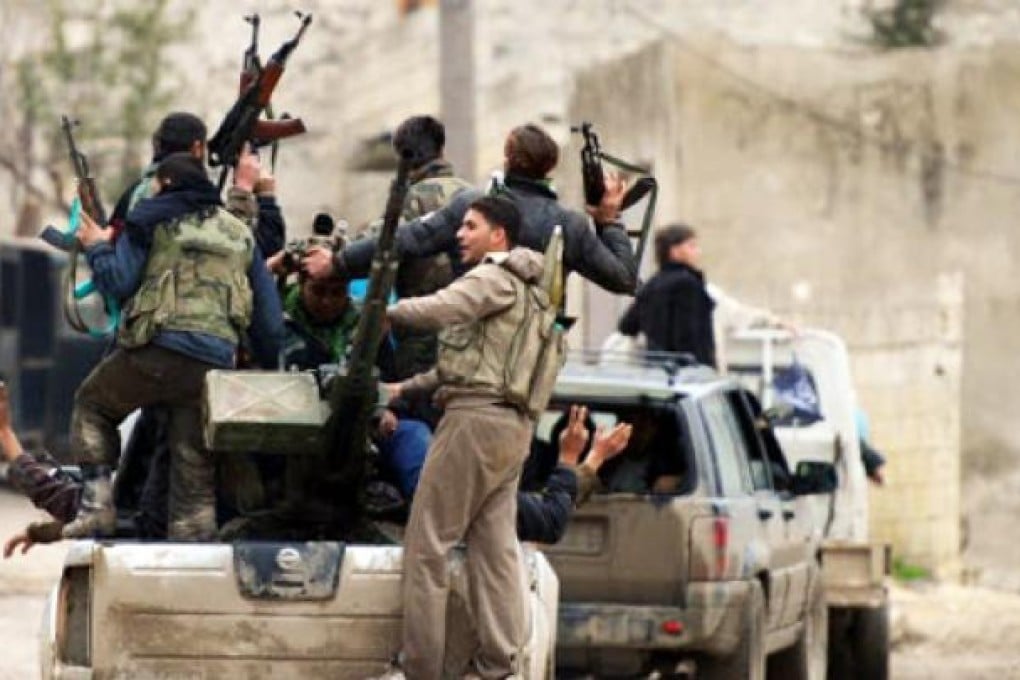
The revolt against President Bashar al-Assad first flared in Deraa, but the southern border city now epitomises the bloody stalemate gripping Syria after 22 months of violence and 60,000 dead.
Jordan next door has little sympathy with Assad, but is wary of spillover from the upheaval in its bigger neighbour. It has tightened control of its 370-km border with Syria, partly to stop Islamist fighters or weapons from crossing.
That makes things tough for Assad’s enemies in the Hawran plain, traditionally one of Syria’s most heavily militarised regions, where the army has long been deployed to defend the southern approaches to Damascus from any Israeli threat.
The mostly Sunni Muslim rebels, loosely grouped in tribal and local “brigades”, are united by a hatred of Assad and range from secular-minded fighters to al Qaeda-aligned Islamists.
“Nothing comes from Jordan,” complained Moaz al-Zubi, an officer in the rebel Free Syrian Army, contacted via Skype from the Jordanian capital Amman. “If every village had weapons, we would not be afraid, but the lack of them is sapping morale.”
Insurgents in Syria say weapons occasionally do seep through from Jordan but that they rely more on arsenals they seize from Assad’s troops and arms that reach them from distant Turkey.